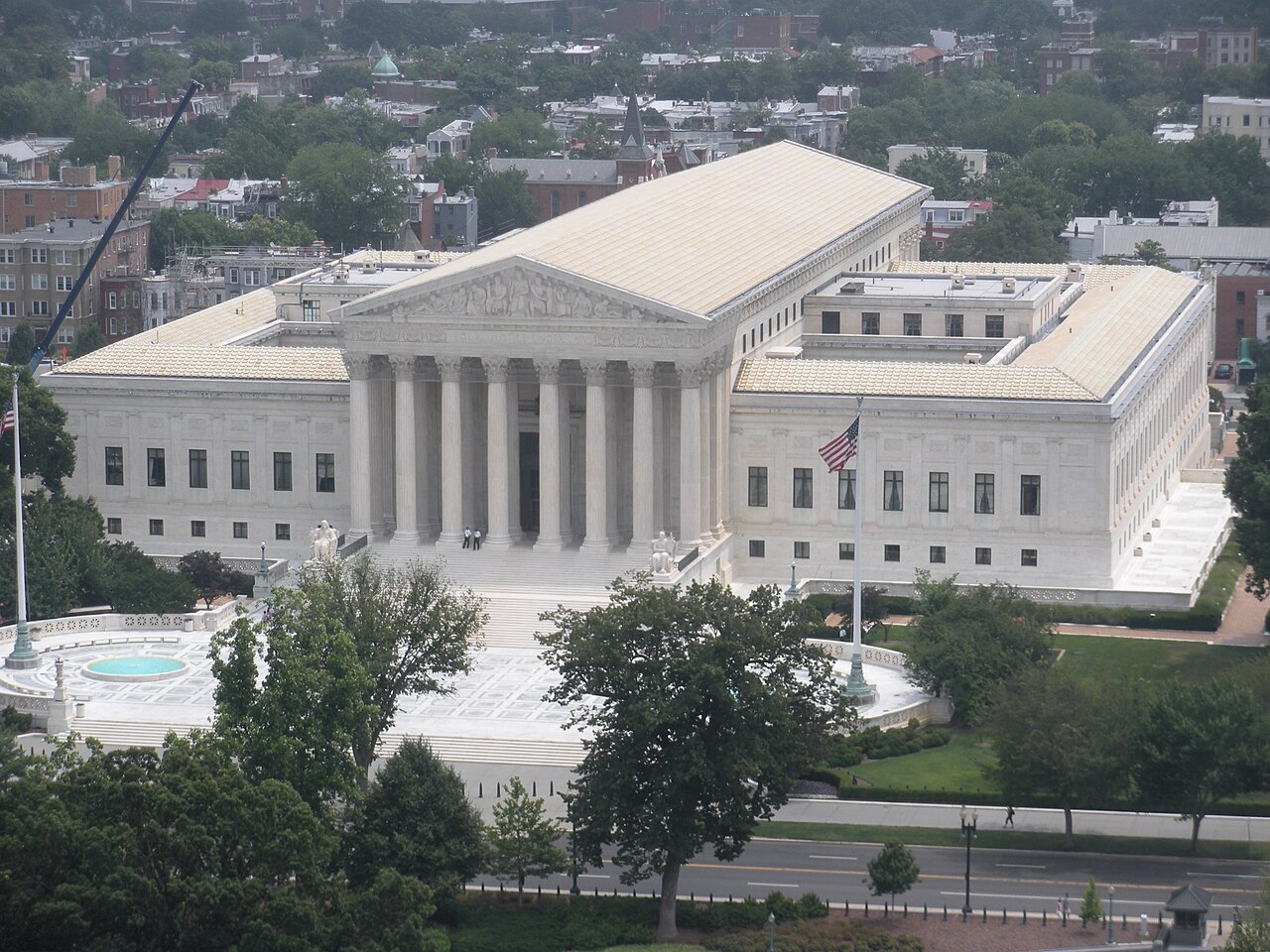Louisiana Asks SCOTUS To End Race-Based Redistricting
The U.S. Supreme Court is set to hear the case *Louisiana v. Callais*, in which Louisiana challenges the constitutionality of considering race in redistricting. The state argues that creating a second majority-minority congressional district violates the Equal Protection Clause of the 14th Amendment and that the Constitution prohibits assigning voters to districts based on race. This case follows earlier federal court rulings overturning Louisiana’s initial map,which had only one black-majority district,for diluting Black voters’ power. Louisiana’s new map added a second such district, prompting further legal challenges. The state contends that current interpretations of Section 2 of the Voting Rights Act improperly mandate race-based districting, which Louisiana claims is unconstitutional and relies on harmful racial stereotypes. The Supreme Court will hear oral arguments in October 2025, with potential broad implications for redistricting practices nationwide.
In a landmark case before the U.S. Supreme Court, the state of Louisiana has asked the justices to definitively declare the consideration of race in the redistricting process to be unconstitutional.
“Our Constitution prohibits the sorting of Americans into voting districts based on their skin color — and Louisiana wants no part of that abhorrent system,” Louisiana Attorney General Liz Murrill said in a Wednesday statement.
The Pelican State’s request was included in a Wednesday brief responding to an Aug. 1 order from the high court in the case known as Louisiana v. Callais. Centered on Louisiana’s most recent congressional map (S.B. 8), the justices instructed the parties in the case to address the question of whether “the State’s intentional creation of a second majority-minority congressional district violates the Fourteenth or Fifteenth Amendments to the U. S. Constitution.”
As The Federalist previously reported, Louisiana’s initial map — which included a single black-majority district — was struck down in the lower federal judiciary over claims that it diluted the voting power of black residents. Continued litigation in the case prompted the state to draw a new map that included a second black-majority district. This resulted in a separate lawsuit being filed against the new map and a different lower court declaring the creation of a second majority-minority district to violate the 14th Amendment’s equal protection clause, although the Supreme Court paused this ruling before ultimately agreeing to take up the case in November 2024.
While initially expected to be decided in its 2024-2025 term, the high court announced on the last day of the 2024 session that it would rehear arguments in the case this fall.
[READ:[READ:Upcoming SCOTUS Case Could Reshape Redistricting As We Know It]
In the state’s Wednesday brief responding to the justices’ Aug. 1 order, Louisiana argued that its “intentional creation of a second majority-minority district in S.B. 8—at the behest of a federal district judge and a Fifth Circuit panel—violates the Constitution as properly understood.” Quoting a prior Supreme Court decision (Shaw v. Reno) centered on race in the redistricting process, the state further maintained, “Racial classifications ‘are by their very nature odious to a free people whose institutions are founded upon the doctrine of equality.’”
“And they harm our stature as a Nation—a Nation that once had the audacity to declare to the world the first truth we held to be self-evident: ‘[A]ll men are created equal,’” the brief reads. “That founding declaration rings hollow as long as government-mandated racial discrimination exists in America.”
Murrill and her legal team went on to cite existing problems with how courts have interpreted Section 2 of the 1965 Voting Rights Act — a commonly used statute in leftist-led lawsuits in redistricting-related cases.
While previously speaking with The Federalist, The Heritage Foundation’s Hans von Spakovsky noted how the judiciary has struggled to juggle Section 2’s “amorphous standard” on so-called “vote dilution” when it comes to redistricting. He additionally underscored how many judges have trouble grappling with the intertwining relationship between race and politics (i.e., state lawmakers seeking to advantage their party by drawing districts based on the fact that a significant majority of a certain racial demographic overwhelmingly favors a certain party).
“Race-based redistricting in the name of Section 2 of the Voting Rights Act (VRA) should be no exception” to the notion that the Constitution is “color blind,” Louisiana’s brief argues. “But the Court has nevertheless understood Section 2 to ‘insist[],’ in certain (well, uncertain) circumstances, ‘that districts be created precisely because of race’ … —that is, States must use racial targets to intentionally create majority-minority voting districts.”
The Pelican State argued that this “race-based mandate is unconstitutional,” and that the 14th Amendment’s equal protection clause “commands that the government ‘may never use race as a stereotype or negative.’” “Yet race-based redistricting,” it continued, “rests on an invidious stereotype: that all minorities, by virtue of their membership in their racial class, think alike and share the same interests and voting preferences.”
“Our Constitution sees neither black voters nor white voters; it sees only American voters,” the filing reads. “Indeed, the ‘transformative promise’ of the Fourteenth Amendment … is that ‘the law in the States shall be the same for the black as for the white.’ … But equal justice under law will never be equal as long as States must treat their citizens differently based on skin color. Now is the time to put this ‘sordid business’ out of business.”
The Supreme Court is scheduled to hear oral arguments in Louisiana v. Callais on Oct. 15.
Shawn Fleetwood is a staff writer for The Federalist and a graduate of the University of Mary Washington. He previously served as a state content writer for Convention of States Action and his work has been featured in numerous outlets, including RealClearPolitics, RealClearHealth, and Conservative Review. Follow him on Twitter @ShawnFleetwood
" Conservative News Daily does not always share or support the views and opinions expressed here; they are just those of the writer."

